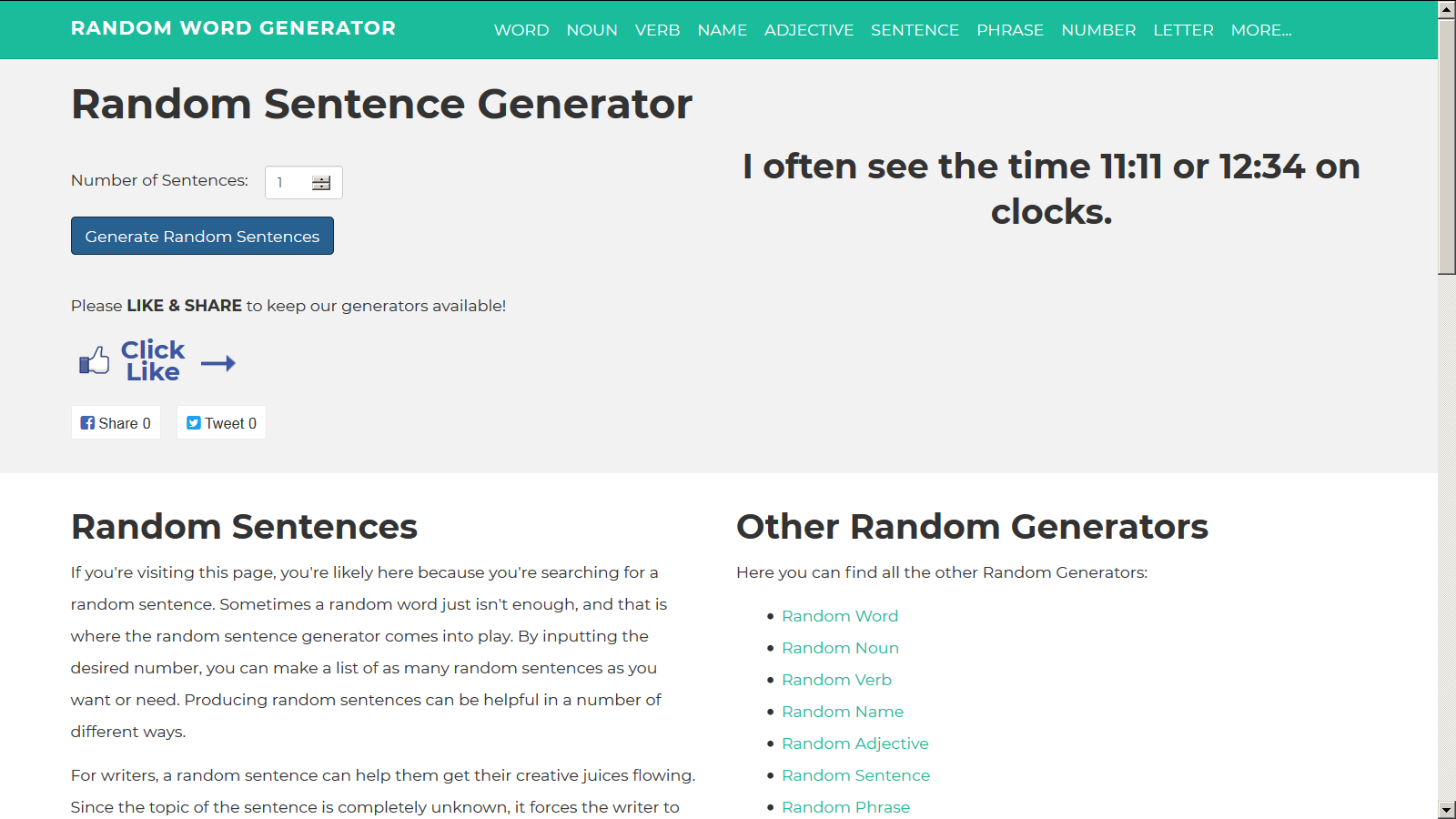Language is a set of circular references. Not only french or english, but all languages. And not only spoken languages, but all languages, including programming languages and... mathematics (math is also a language since it is used to communicate experience). Of course, that doesn't prevent the use of programming languages or mathematics to communicate scientific/technical facts... by people with the adequate load of subjective experience.
Language cannot be objective per se. It becomes objective when the entities using it carry the sufficient shared subjectivities provided by experience.
Programmers understand what is an observer pattern, since they understand what an observer is (it is not necessarily a person, but an entity that "watches" for an event... (what the hell means watching?)). A mathematician understand what a manifold is only if it has the sufficient life experience to understand what a dimension is, etc.
Scheider, describing the double-slit experiment, writes: "...The slip of card was held edgewise into the sunbeam, which was made to enter the room horizontally by means of a "looking glass" (mirror)". The amount of subjectivity in such phrase is enormous.
Everyone knows what a slip, a room, a mirror, entering, horizontally mean, but in order for an alien to understand such terminology, it would be necessary for it not only to learn to communicate using English, but also to live some years on earth, interact with the same objects we do, have some friends, live and laugh, love and fool around. That, because language being a set of circular references, all words are related, so, experience on them is necessary. If the alien is not a solid but a liquid, we would have a huge problem to help it understanding the idea, even using the most precise papers ever written and the most comprehensive dictionaries. Such problem is quite evident for people working with blind-deaf children 1.
My point is that we seem to be extremely subjective about the use of language, even if it is formal. Languages depend on the subjective human experience each user acquires. Without experience, language is just a closed set of interrelated symbols.
Please, can you provide some references to explore the understanding of the gap between what we call objective language and subjective experience? I really wonder how objective language could be.

